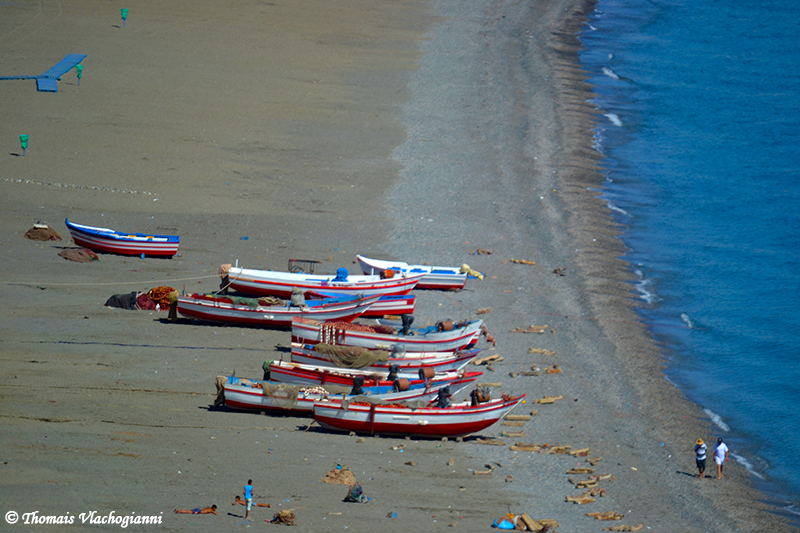The ocean covers 71% of the Earth’s surface and it is the planet’s life support system. Our security, our economy, our very survival, all require healthy oceans. Sadly, much of the ocean is now seriously degraded, with changes and losses in the structure, function and benefits from marine systems. It is in this context that the United Nations has proclaimed a Decade of Ocean Science for Sustainable Development (2021-2030) in order to advance ocean science and sustainable use of the oceans, and reverse the cycle of decline in ocean health.
The ambition of the Decade of Ocean Science is to mobilize the scientific community, policy-makers, and society at large around a program of joint research and technological innovation to get the ocean back on track. The announcement of the Decade has already provided a glimmer of hope and societal actors are already gearing up to make best use of a once-in-a-lifetime opportunity to draw attention to the world’s oceans, make a lasting impact on enhancing scientific knowledge, and create improved conditions for sustainable development of the oceans.
The achievement of the Decade’s objectives relies largely on the new ocean narrative that should be developed and provide context and motivation to reduce ocean pressures, increase ocean resilience, and promote ocean prosperity for generations to come. In this sense ocean science communication and ocean literacy are key in influencing behaviours and perceptions of scientists, decision-makers and societal actors towards effective ocean actions.
MIO-ECSDE, pursuing its commitment to promote ocean literacy as an effective tool for the conservation, restoration, and sustainable use of our oceans, participated at the CommOCEAN 2018, the 3rd International Marine Science Communication Conference, held on 4-5 of December 2018 in Southampton, UK. The conference was organized by the National Oceanography Centre (UK) and the European Marine Board and it brought together more than 100 scientists, NGO representatives and policy makers from all over the world to discuss the current ocean situation, share successful stories and identify new opportunities to improve marine science communication and ocean literacy. MIO-ECSDE Programme Officer, Thomais Vlachogianni in her intervention presented the MIO-ECSDE showcases on the science-policy-society interface addressing the issue of marine litter in the Mediterranean. ‘The NGO community has an essential role to play in terms of enhancing communications on the science-policy-society interface towards an effective response from society on the issue of marine litter and other challenges’, she highlighted.
The CommOCEAN skill building sessions were dedicated to innovative communication tools, effective ways to engage audiences and new users with various channels, methods and techniques to animate science, approaches to create immersive expedition blogs, ways to use behavioural insights to enhance public engagement and campaigning. Find more on the CommOCEAN 2018 here
